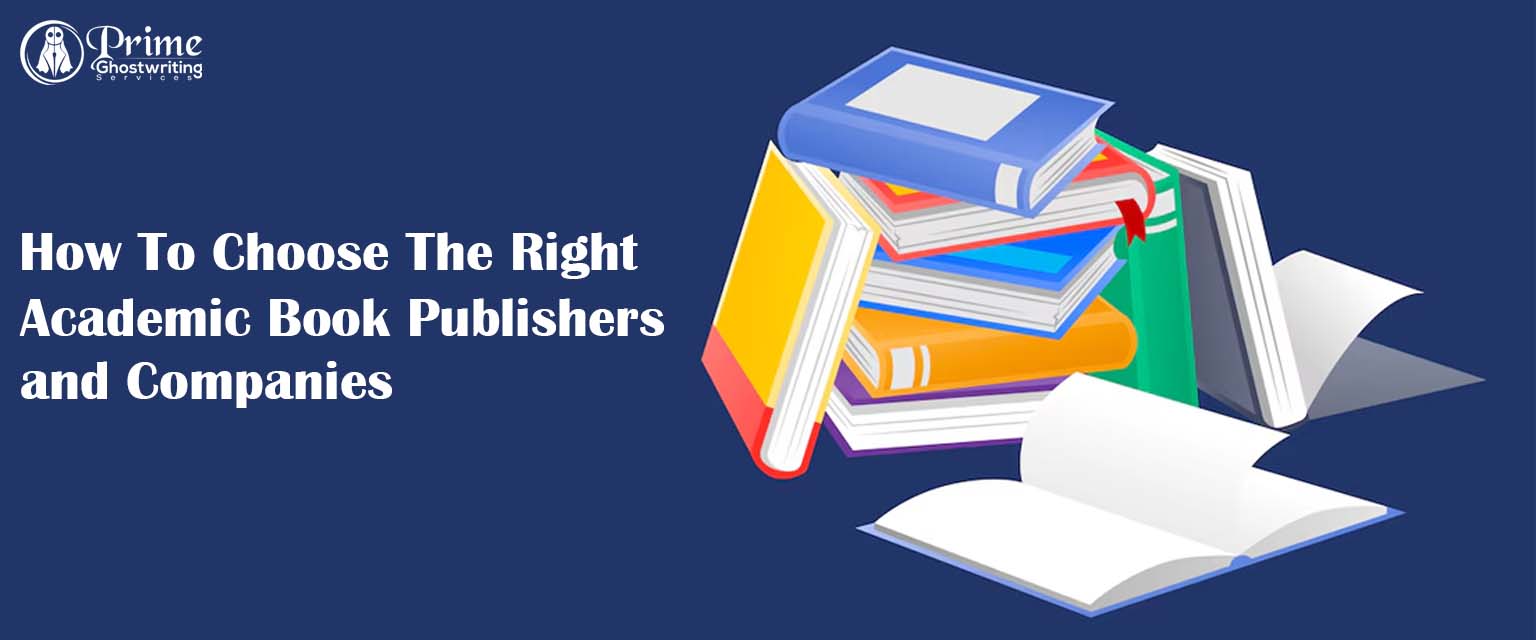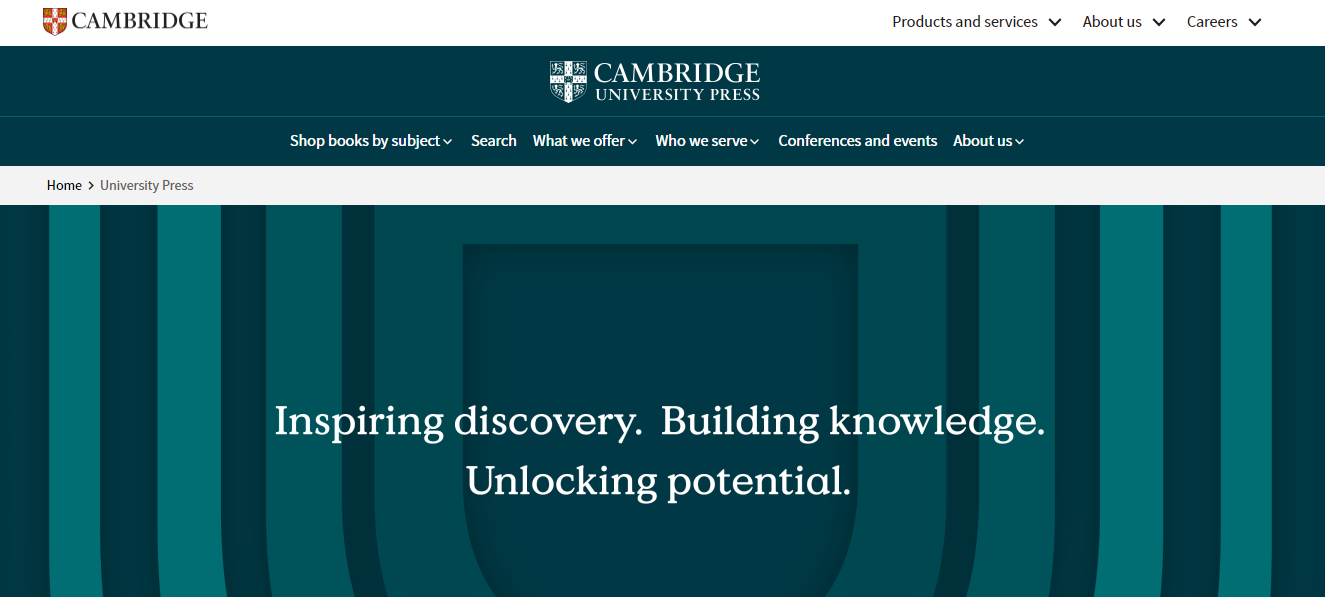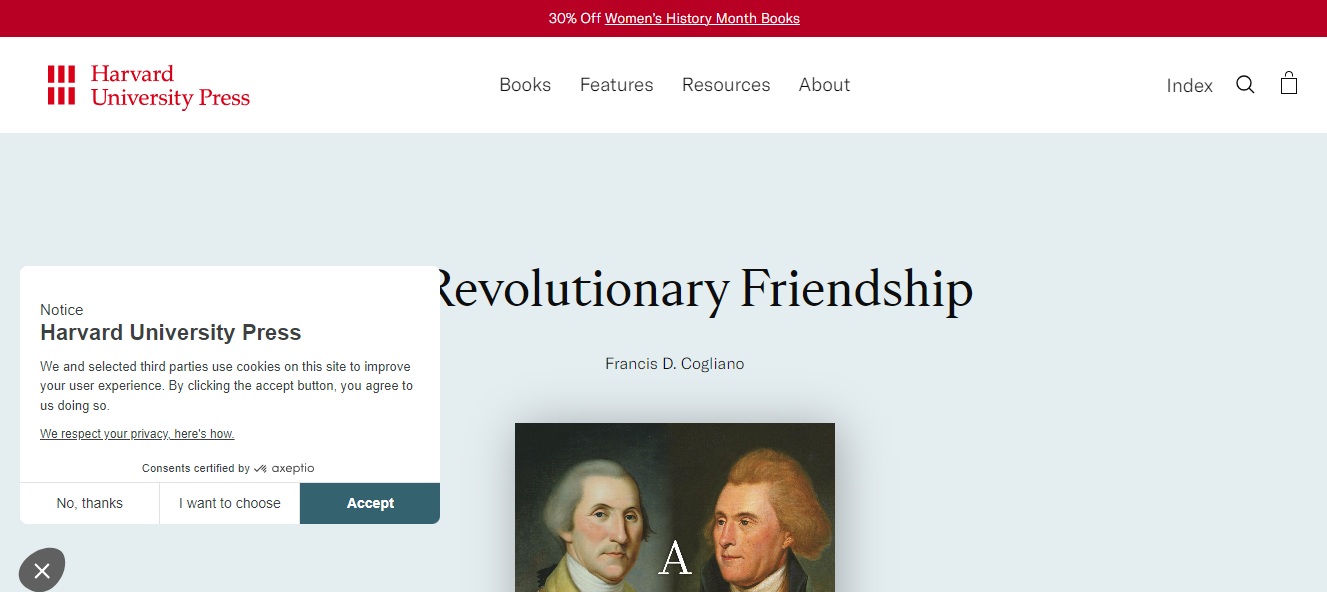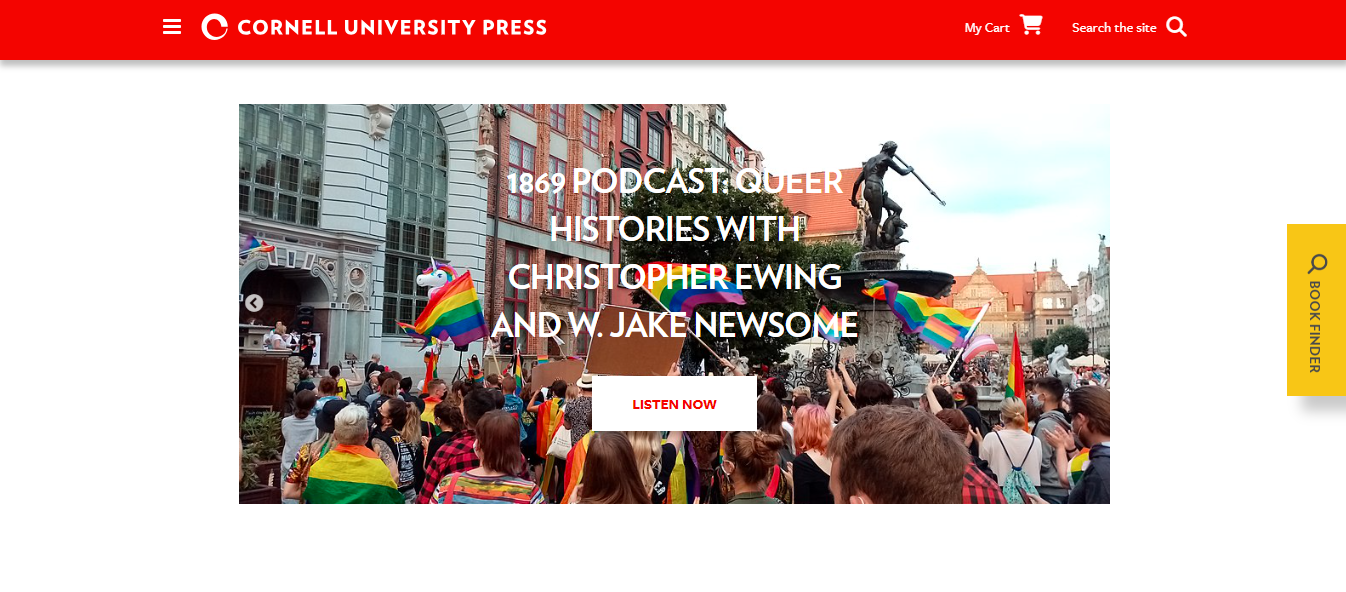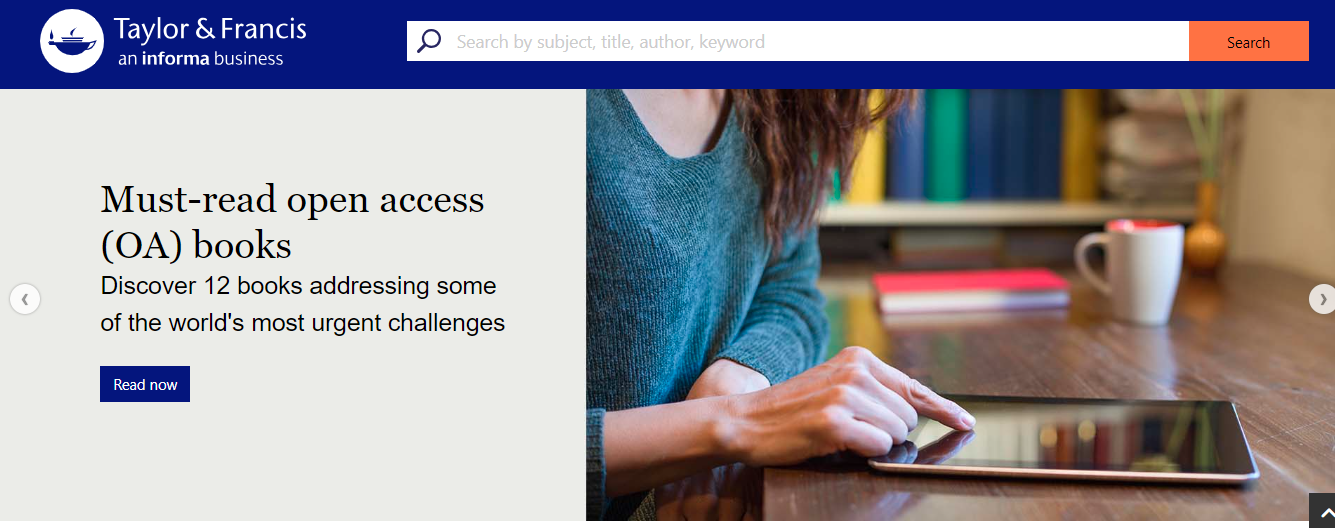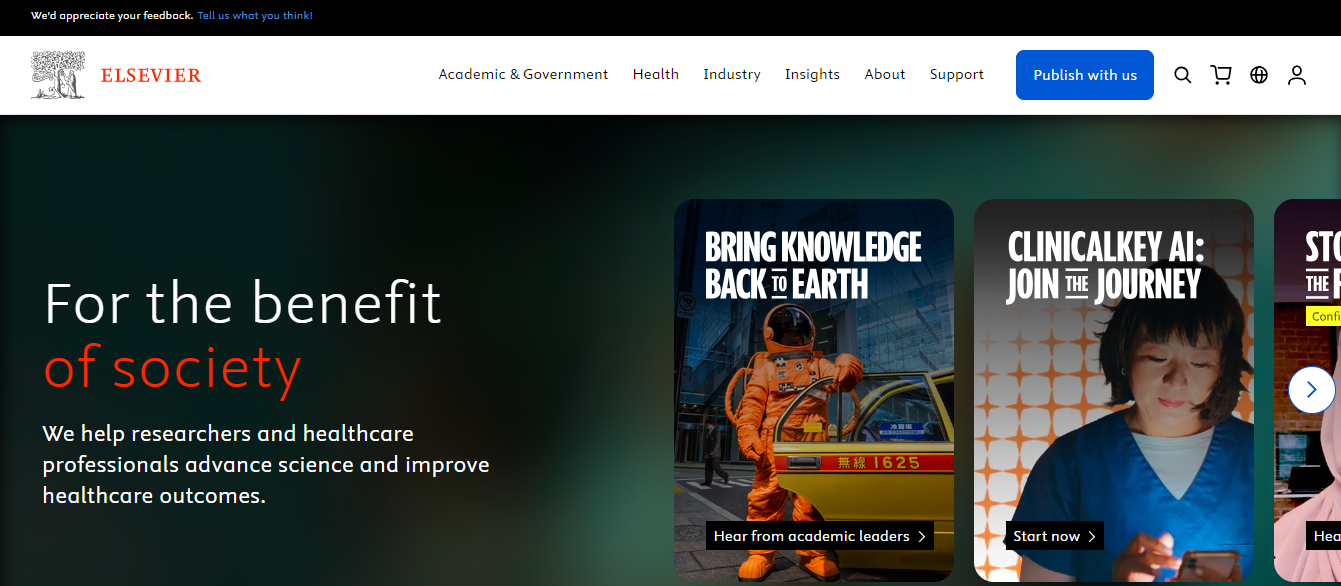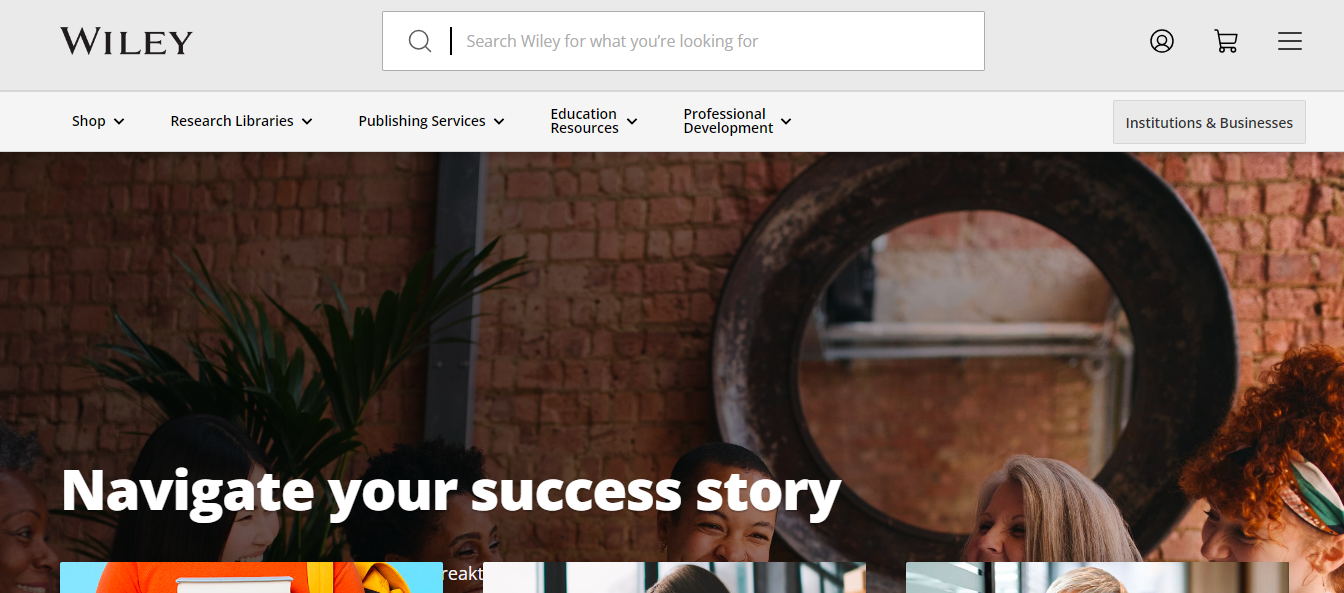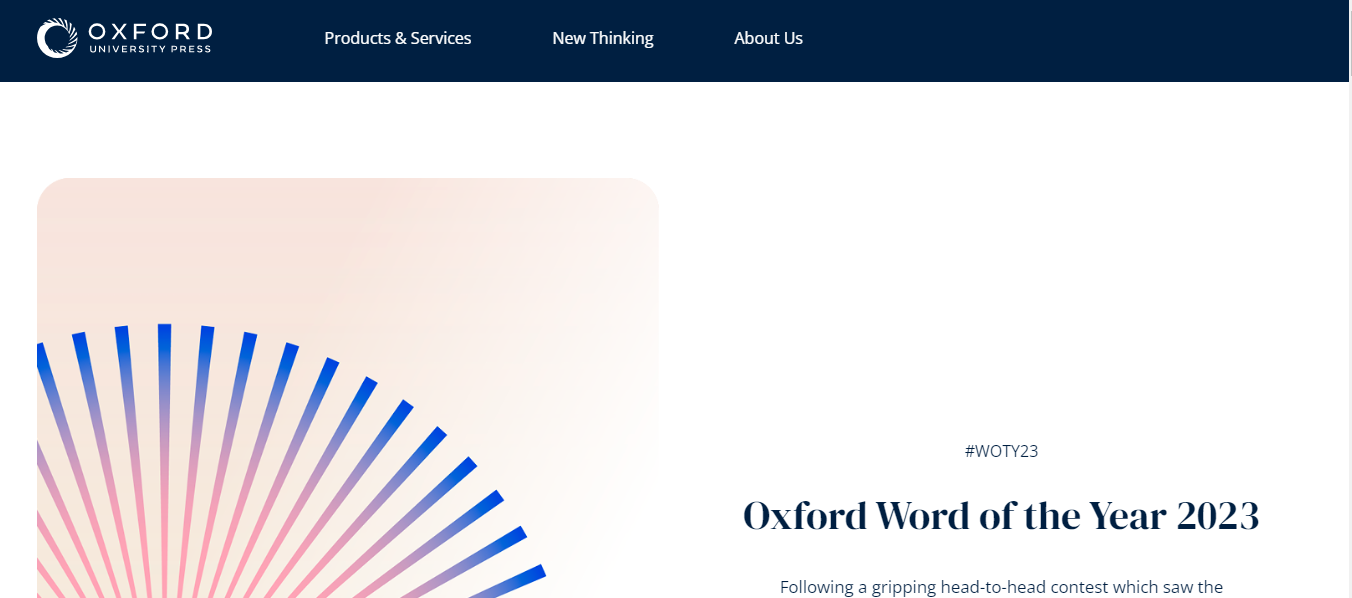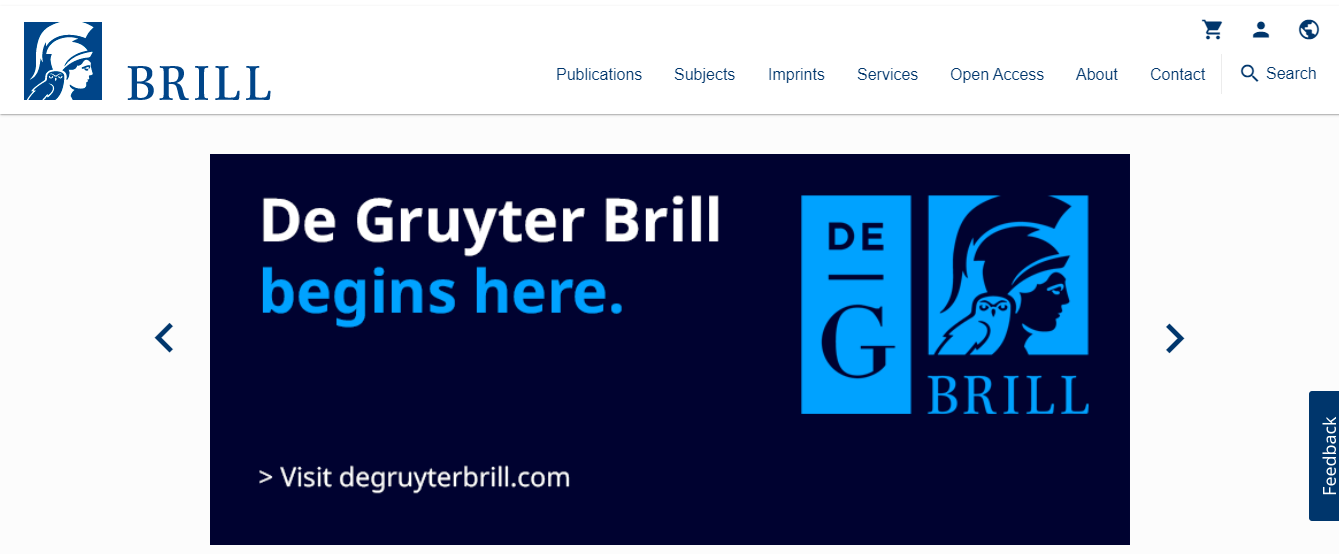After all the research, analysis, and careful writing you’ve invested in your academic paper, the final step of publishing it in a reputable journal remains another difficult task. But with careful planning and strategic thinking, you can increase your chances of finding the right home for your work. Therefore, we will not only provide the list of academic publishing companies but also some very relevant tips to professionally present your work to academic book publishers.
Finding Academic Publishing Companies
1. Do Your Research
-
Relevance is Key:
Identify journals that publish papers directly related to your research topic and methodology. Browse recent issues to confirm their current areas of interest.
-
Aim for the Right Tier:
Consider the reputation of the journal and its readership. Is your work innovative and groundbreaking enough for a top-tier publication, or is a more specialized, niche journal a better fit?
-
Review Submission Guidelines:
Keep close attention to formatting requirements, word count limits, and instructions when submitting figures or tables. Failing to follow the rules can lead to immediate desk rejection.
2. Creating a Strong Introduction
-
Statement of the Problem:
Clearly articulate the research question you are addressing and why it deserves attention.
-
Gap in Knowledge:
Highlight how your work fills existing research gaps or challenges in current understanding.
-
Significance of Your Findings:
Succinctly explain the potential implications of your research findings and how they advance knowledge in the field.
3. Emphasizing Clarity and Structure
-
Logical Structure:
Follow a clear structure (e.g., IMRaD – Introduction, Methods, Results, and Discussion) or the standard in your discipline.
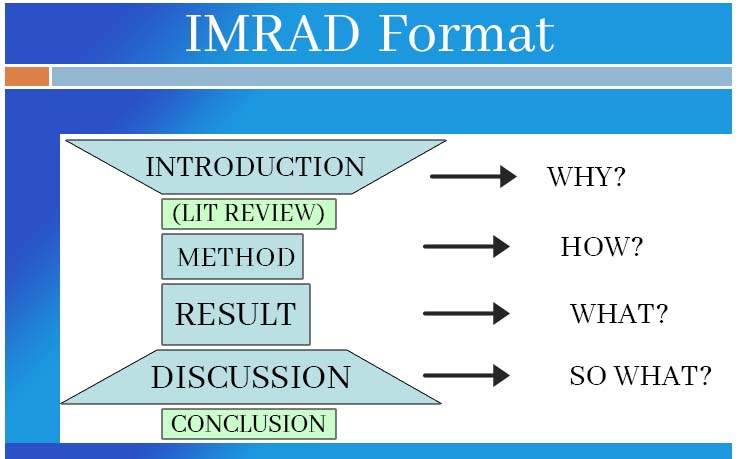
-
Well-Defined Methodology
Provide sufficient detail about your research methods to allow replication and ensure rigor.
-
Concise and Precise Writing:
Use active voice and avoid unnecessary jargon. Aim for clarity to make your arguments easy to follow.
-
Thorough Discussion:
Contextualize your findings, address limitations, and suggest future lines of research.
4. Customizing Your Paper
-
Reference Relevant Work:
Cite key articles published in your target journal. This demonstrates your awareness of the ongoing conversation happening within the publication.
-
Match the Tone:
Analyze the style of writing in published articles and adopt a similar tone. Avoid being overly casual or formal if it doesn’t match the journal’s style.
-
Keywords:
Thoughtfully select keywords that match the terminology used in your target journal.
5. Proofreading and Feedback
-
Proofread Meticulously:
Typos and grammatical errors signal a lack of attention to detail. Read your journal aloud to catch awkward phrasing.
-
Get Feedback from Colleagues:
Ask trusted colleagues or mentors to review your paper for clarity, logic, and overall impact.
-
Professional Editing Service:
If your budget allows, consider a professional editing service to elevate your writing and ensure it meets academic standards.
6. Additional Considerations
-
Cover Letter:
Craft a strong cover letter briefly summarising your paper’s key findings and highlighting its suitability for the journal.
-
Patience and Perseverance:
Rejection is part of the process. Use feedback to improve your paper, and be prepared to submit to multiple journals.
Why is a List of Educational Publishers Important?
In the past ten years, academic publishing has grown the fastest in the media sub-industry. The business is not only steadily bringing in more money, but it is also making a lot of money.
Putting out academic journals through a list of educational publishers is what keeps study and scholarship going. It’s the process of telling other academics about new findings, ideas, and analyses. Getting information out there leads to progress by:
-
Validating Research:
Peer review ensures that the released work is of high quality and follows all the rules.
-
Building on What We Know:
Researchers use written works to learn more and question what we already think.
-
Informing Practice:
Published research helps people make decisions in politics, healthcare, and education.
-
Building Credibility:
Publishing builds credibility for researchers and their institutions.
Best Academic Journal Publishers Companies
Let’s present a list of academic book publishers that are considered the best worldwide:
1. Cambridge University Press (United Kingdom):
One of the world’s oldest and most distinguished university presses. Part of the University of Cambridge, they publish across a wide spectrum of academic subjects and are known for their commitment to quality and rigorous scholarship.
2. Harvard University Press (United States):
A renowned publisher within the esteemed Harvard University. They are known for publishing influential works in the humanities, social sciences, and sciences, with a particular strength in history and political science.
3. Cornell University Press (United States):
America’s first university press, Cornell University Press, has a strong track record of publishing significant titles in various fields. Their strengths lie in the social sciences, humanities and specific areas like animal sciences and industrial relations.
4. Springer (Germany):
A leading publisher in scientific, technical, and medical (STM) fields, known for reputable journals and a wide range of academic resources.
5. Taylor & Francis (United Kingdom):
Publishes across the humanities, social sciences, and STM disciplines. Known for their strong reputation and well-respected journals.
6. Elsevier (Netherlands):
One of the largest academic publishers with a focus on scientific, technical, and medical content. Offers a vast number of journals and research databases.
7. Wiley (United States):
A major publisher in STM fields, as well as business, education, and professional development. Renowned for established journals and textbooks.
8. SAGE (United States):
A prominent publisher in the social sciences, including psychology, sociology, and education. Committed to open-access publications.
9. Oxford University Press (United Kingdom):
The publishing arm of the University of Oxford is known for its prestigious scholarly publications across various disciplines.
10. De Gruyter (Germany):
A strong publisher specializing in the humanities and social sciences, focusing on European scholarship.
11. Brill (Netherlands):
Focuses on the humanities and social sciences, with particular strength in areas like history, ancient civilizations, and international law.
Things to Consider When Choosing an Academic Publisher
Publishing your research with the right academic publishing companies is a big decision. It can impact your work’s visibility, your reputation in your field, and the overall reach of your ideas. Let’s explore some key factors to consider before signing a contract:
1. Price: How Much Will Readers Pay?
Imagine you’ve done all the hard work on your research and are ready to share it with the world. But your publisher sets the price at $135 per book. Would you feel good about that price point?
Consider if that price aligns with your goal to see your work widely read and adopted in libraries.
2. Prestige: Build Your Reputation
In academia, the prestige of the publisher carries weight. A well-regarded publisher gives your work credibility and can enhance your standing in the field.
Of course, achieving publication with a prestigious publisher often requires a rigorous and time-consuming review process. Do your career goals align with potentially waiting years for publication?
3. Speed: When Do You Want to Publish?
- How will your publisher make sure your book finds an audience?
- Look into their conference attendance, distribution channels, and social media presence.
- If you already have a strong online following, you may need less of a push from your publisher. But, if you want to reach new readers, a robust marketing strategy from the publisher is necessary.
5. Making the Right Choice
Unfortunately, no single publisher will be perfect in every category. Here’s what to do:
- Be clear about your priorities. Do you want a fast turnaround? Is maximizing prestige critical? Do you need wide distribution to reach your audience?
- Ask questions! Discuss pricing, the review process, timeline expectations, and marketing strategies with potential publishers.
- Choosing the right academic publisher is about finding the best fit for where you are in your career and your specific goals.
How are Publishers Accepting Submissions Work?
Not all educational publishers are alike. Pay attention to the ones related to your subject and the grade levels you want to reach. Check their websites for information on how to submit. We will try to provide you with the basic things you should send to academic book publishers. You also have to:
Get your Materials Ready
-
Proposal:
Most academic book publishers will want a thorough proposal that includes an outline of your materials, sample chapters or lessons, information about your target audience, and a market analysis.
-
Sample Materials:
Prepare to send proofread parts of your work as examples.
-
Submit According to Guidelines:
There are different ways to send work to each company. Carefully follow their directions, whether you’re sending something through email, the mail, or an online form.
Waiting Game:
Since academic journal publishers get a lot of entries, it can take a while for them to review them all. You might not hear back for weeks or even months.
Negotiation and Contract:
If a publisher is interested, they’ll probably offer a contract that spells out earnings, who owns the copyright, and when the book will be made. Get ready to talk and ask questions.
Academic Book Publishers and Key Tips for Success
Let’s know about some success tips to get the biggest academic publishers:
-
Know Your Audience:
Clearly define the needs your materials address and the teachers and students you’re aiming to help.
-
Showcase Your Expertise:
Highlight your qualifications and experience in the field of education.
-
Follow Guidelines:
Adhering to submission requirements demonstrates professionalism and makes your materials much easier for the publisher to consider.
-
Don’t Give Up:
Rejection is common. Keep refining your materials and exploring different publishers.
Conclusion
There are many great academic publishing companies out there. Finding the best fit for you might require some research and perseverance. Consider visiting educational conferences or using resources to match your work with the right publishing partner.

